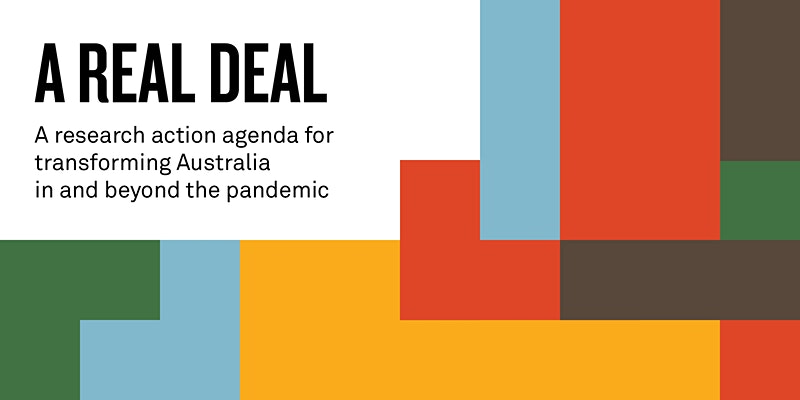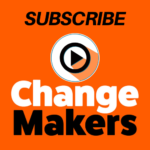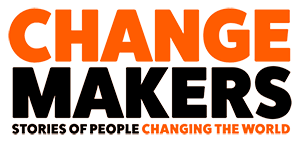We’ve all been in this together. Now let’s get out of it together.

As the pandemic descended on Australia we were told that we were ‘all in this together.’ For a time, politicians lived up to that.
Political leaders reached across partisan divides on policy. In March, there was even unity between Gladys Berijiklian and Daniel Andrews. The new National Cabinet process emphasised consensus over division. Old ideological habits dropped away too, with the parties cohering around a plan to protect lives and livelihoods and then to build back better after the pandemic.
People even began to wonder whether we were witnessing the beginning of a new political order. It was needed.
The twentieth century solutions – the right’s ‘free markets’ and the left’s ‘big welfare state’ – have proven themselves inadequate for the challenges of this century. There certainly was space for new thinking.
As Katherine Murphy’s recent latest Quarterly Essay explores, this past year has given us some tantalising lessons for a more hopeful politics. Prime Minister Scott Morrison’s privileging of pragmatism over ideology. The rich collaboration between unusual partners, whether in the National Cabinet or in the working relationship between Christian Porter and Sally McManus.
Yet we have already been disappointed.
Social division is on the rise. Political polarisation whether between young and old, jobs and the environment, experts and ‘anti-experts’, or cities and regions means the new conversations required for new political thinking are hard.
And as the Federal budget beckons, the parties are slipping back into old habits.
The key question for our time, becomes what would it take for that new political order that we saw a glimpse of just a few months ago to take hold?
The answer lies in a discussion that is taking place across the world: one that invites people to reimagine the relationship between the market and the government by working with civil society.
Phrases like Build Back Better and Green New Deal try and capture this new relationship. All of those approaches consider the role of civil society, which refers to us, the people, the community organisations big and small where we gather, debate and make things happen – from our kid’s soccer club to our church, from our union to our disability support group. Civil society has two great strengths, it is full of people and it is good at working with others.
When civil society is in a dynamic relationship with government and business, powerful change happens.
Early in the pandemic the United Workers Union worked with Coles distribution warehouses in Victoria to help prevent a massive COVID outbreak by bringing in stronger health and safety standards. Over the past two years Queensland Community Alliance has worked with 39 organisations, researchers and government to develop and implement a novel solution to loneliness and healthcare. In seeking to work with businesses across the country around renewables, climate groups have spearheaded an ambitious plan called 700% renewables. When we all work together things work better.
These ideas are captured in a new report co-designed by a group of ten community organisations with the Sydney Policy Lab. It is called the Real Deal.
It argues for a new kind of politics – a Real Deal – for people and the environment that takes the crises that we face seriously and builds a response led by people. It identifies five benchmarks for a Real Deal – investment that is strong but also changes the shape of the state, policy that responds to pre-existing inequalities and injustices, a bold vision and plan for an economy that serves us all, the active participation of people in these solutions, and strong collaboration in creating solutions.
This Real Deal report put collaboration and participation into practice. This was no fast policy. Over months we conducted extensive workshops and one-to-one conversations with business and community groups. We talked to researchers here and overseas. We intentionally reached across Australia’s polarised divides working with regional and urban groups, younger and older communities, climate groups and unions, and a range of communities representing diverse people of colour, temporary migrants and First Nations people.
The collaboration was a learning process. Producing the report changed those who participated. Climate leaders learnt more about what is important to unions. Community groups heard how to better act in solidarity with First Nations people. Just as Katherine Murphy identifies in her Quarterly Essay, the collaboration had a pragmatic edge – it worked because people didn’t hold tight to pre-existing ideologies, and instead listened to the discussion in the room.
We hope that these practices can scale more broadly and infuse the world of government and the market.
But we also don’t just hope. The Real Deal report is an invitation to explore a new kind of political and economic work by lifting up the hope and potential that civil society can bring. Over the coming months and years we will continue to expand this work to help us think about how a twenty-first century politics is possible, but also to understand how it can be practically brought into life.
You can download the report here.
Join our weekly email list to hear our latest musings, podcasts and training. Click on this button to subscribe:

